On the morning of November 13, discussion in the hall about the draft Law on Civil Servants (amended).
Delegate Nguyen Hoang Bao Tran (Ho Chi Minh City Delegation) said that in reality, when merging organizations, many officials, although completing their tasks well, fall into a state of "mechanical redundancy", not because of weakness, but because the organization no longer has corresponding positions.
The delegate recommended that in the event of a public employee being made redundant due to the rearrangement of an administrative unit or the reorganization of a public service unit, the management agency is responsible for arranging, seconding or introducing the employee to a unit that is suitable for their expertise and capacity. The contract should not be terminated if the employee still meets the requirements of another job position.
This is not only humane but also avoids wasting resources, because in addition to their professional training, civil servants are also trained and nurtured in many other skills from public financial resources. Now, at the age of 35-50, they are at the stage of maturity in terms of experience and courage. They need to continue to contribute instead of becoming unemployed unintentionally.
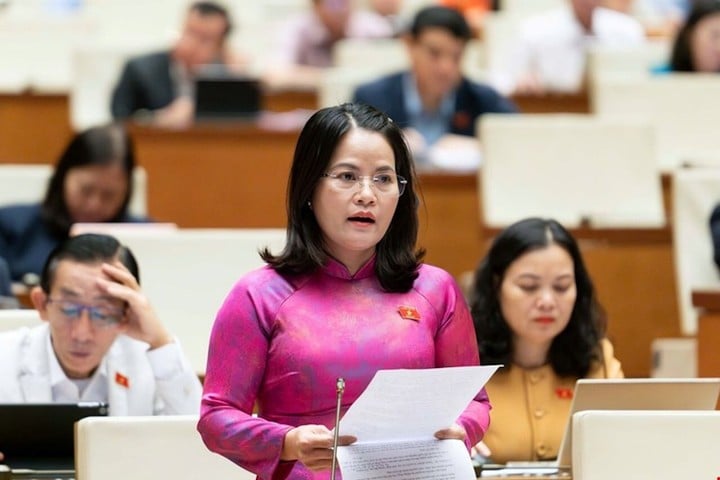
Delegates also proposed that civil servants who quit their jobs due to organizational reorganization or administrative unit mergers be entitled to a one-time allowance of at least 12 months' salary, and be given priority in job referrals in the public system or transitional areas.
"This is a necessary policy to ensure social stability and reduce unemployment pressure, especially for middle-aged officials who have to worry about their families and children's education." female delegate expressed her opinion.
Regarding Article 25 regulating quality classification and use of evaluation results, delegates proposed to add a regulation that in the first year after the unit's rearrangement and reorganization, the results of civil servant evaluations need to consider factors such as changes in the working environment, and not classify "not completing tasks" if the objective cause is due to the organization.
Commenting on "the rights of civil servants to sign contracts to perform professional activities and business activities", delegate Nguyen Thi Viet Nga (National Assembly Delegation of Hai Phong City) highly appreciated the regulation allowing civil servants to contribute capital, participate in the management and operation of enterprises, cooperatives, hospitals, educational institutions, and non-public scientific research organizations, except in cases where the law on anti-corruption or specialized law has other provisions, as shown in Point b, Clause 1, Article 13 of the Draft Law.
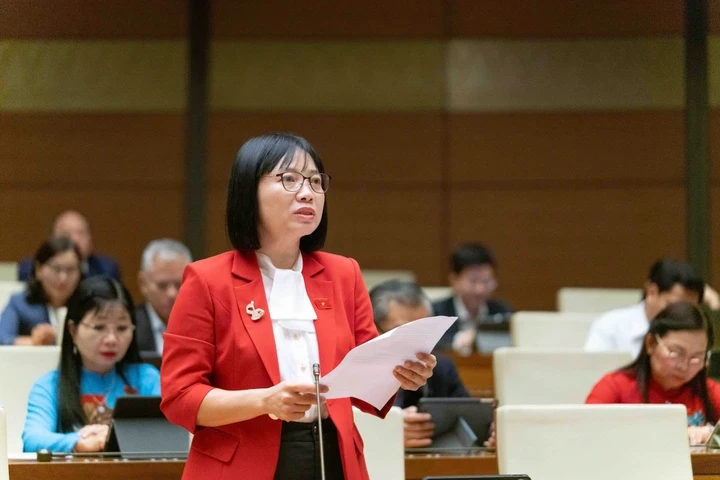
According to the delegate, this is an "open" regulation for civil servants, creating opportunities for civil servants to exploit and promote their capacity, encouraging the use of each individual's capacity to contribute to society, taking advantage of the "brainpower" and professional qualifications of civil servants in the private sector.
“However, along with expanding this right, it is necessary to tighten regulations on control mechanisms and anti-corruption,” Delegate Nguyen Thi Viet Nga proposed.
Explaining the above proposal, the delegate said that if the provisions are as stipulated in the draft law, there may be some potential risks of conflicts of interest between positions in the public and private sectors (especially when the civil servant is the manager of both public and non-public units operating in the same field), leading to the abuse of positions in the public sector to benefit the unit they manage in the private sector.
Therefore, it is necessary to have regulations that do not allow management officials to participate in the management and operation of private businesses and activities in the same field in which they are working; to regulate the mechanism for declaration, transparency, supervision and accountability of capital contribution and management participation of officials in the private sector, especially for management officials.
Source: https://baolangson.vn/de-nghi-tro-cap-toi-thieu-12-thang-luong-cho-vien-chuc-mat-viec-do-sap-xep-5064845.html




![[Photo] General Secretary To Lam visits Long Thanh International Airport Project](https://vphoto.vietnam.vn/thumb/1200x675/vietnam/resource/IMAGE/2025/11/13/1763008564398_vna-potal-tong-bi-thu-to-lam-tham-du-an-cang-hang-khong-quoc-te-long-thanh-8404600-1261-jpg.webp)







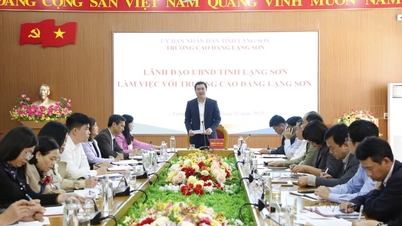














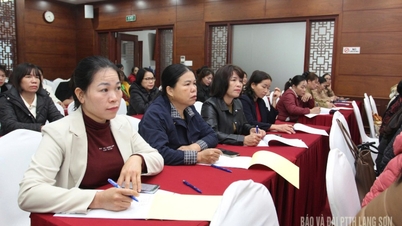





































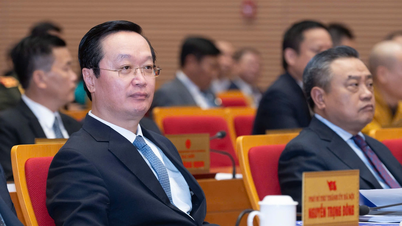






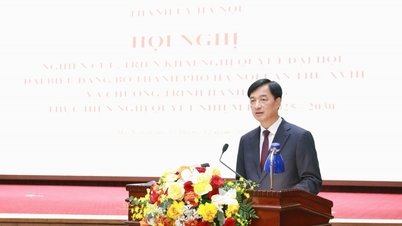



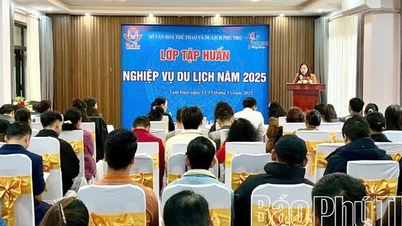


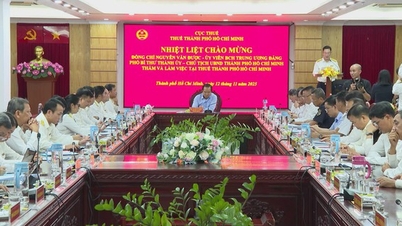

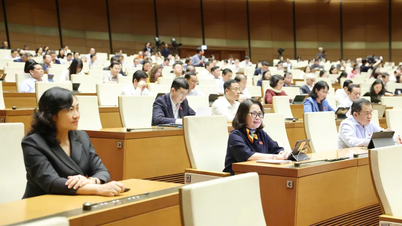









![Dong Nai OCOP transition: [Article 3] Linking tourism with OCOP product consumption](https://vphoto.vietnam.vn/thumb/402x226/vietnam/resource/IMAGE/2025/11/10/1762739199309_1324-2740-7_n-162543_981.jpeg)







Comment (0)